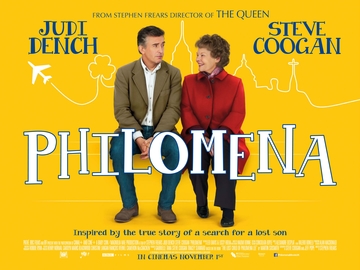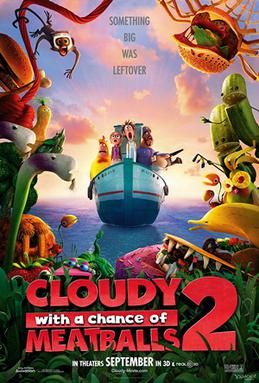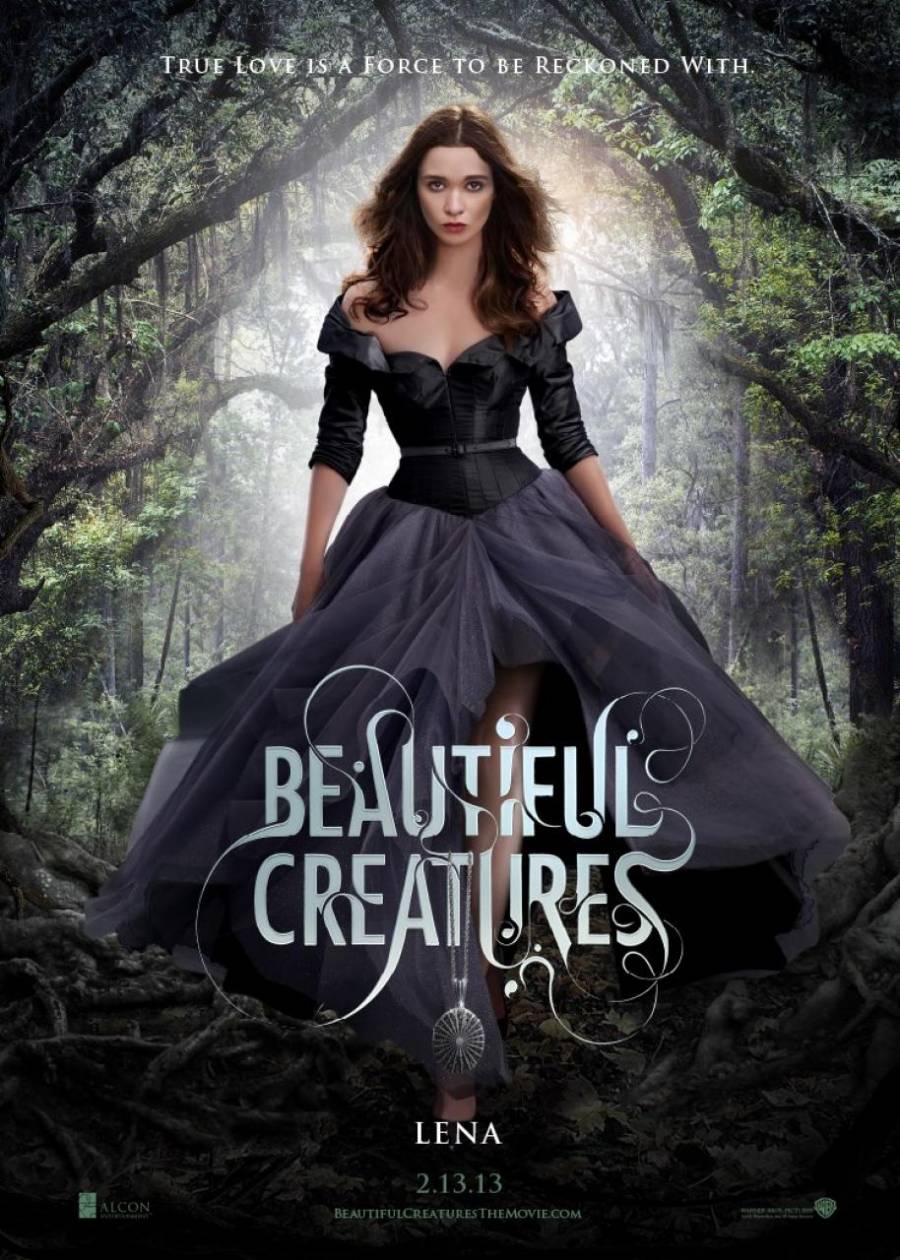 |
| At first I didn't notice the silhouettes and thought that this was a daringly boring (and rather blank) poster. |
The main objection I've heard levied at the film is that it's 'Disney Propaganda' (well, that and that it's Oscar bait): people think that Disney should not have been allowed to make this film; that they are simply patting themselves on the back or, worse, demonising P.L. Travers, the authoress of Mary Poppins.
The Walt Disney presented in this film is nothing like the cruel, immortality-seeking, anti-Semitic bigot which every corner of pop culture (except, shockingly, The Walt Disney Company) has made out in recent memory. He's fun and cool and effervescent, and that's just not the truth of it, say people who never met Walt Disney. Actually, by all accounts I've ever read, Disney was extremely charismatic (so was Hitler!), at least to new acquaintances and, crucially, people he needed stuff from. Whether or not this continued in private is up for debate. But even then, I don't think Saving Mr. Banks is quite as kind on old Walt as these objectors make out: he drinks and smokes more than anyone else in the film- and I don't mean by a fraction but, in fact, quite a wide margin. He offers up 'because I wish it' as the end to an argument and expects people just to accept that and, from the reaction shot we get of the character to whom he is speaking at this point, I think we're meant to understand that she's a little afraid of Disney.
Of course, if you believe everything you read, which I really don't think you should, this is nowhere near the fire-breathing, swastika-bearing, employee-murdering ogre he was in real life, but I can't think of a single portrayal of a real person on screen that has been hailed as anywhere near accurate. Real people, in my opinion, do not translate well to screen: we're too inconsistent- we'd just be decried as poorly characterised. And besides, most real people are boring- they rarely deliver a great one-liner or deliver a really rousing monologue at the eleventh hour, which are another two extremely juvenile conventions of mainstream, 'unintelligent' cinema which I just adore (and which occur in Saving Mr. Banks with some frequency).
However, if Disney have cleaned up Walt's actions a bit to make him appealing, then they haven't really mussied Travers, from what I can tell. By all accounts, she really was an exceptionally stubborn and quite rude woman- Thompson at least has the courtesy to make her funny.
Was it self-congratulating of Disney to make this film? Yes. Undoubtedly. But then, I think they can allow a little bit of self-congratulating: in Mary Poppins, they made a brilliant film with a lovely aesthetic and engaging lead performance and in Saving Mr. Banks, they've repeated that success.
If you don't want to get sucked into the Disney propaganda machine, you don't have to; seeing Saving Mr. Banks isn't going to brainwash you into loving the mouse, but it'll entertain you for two hours, I bet.












